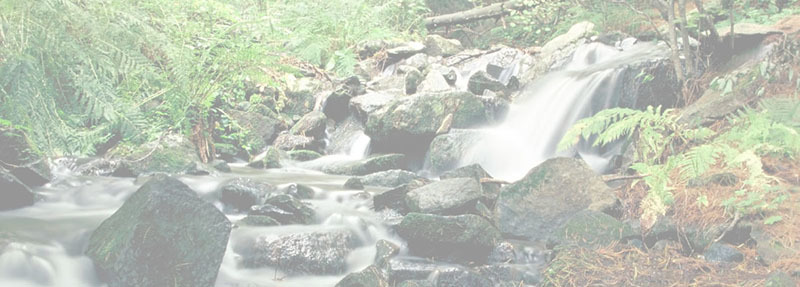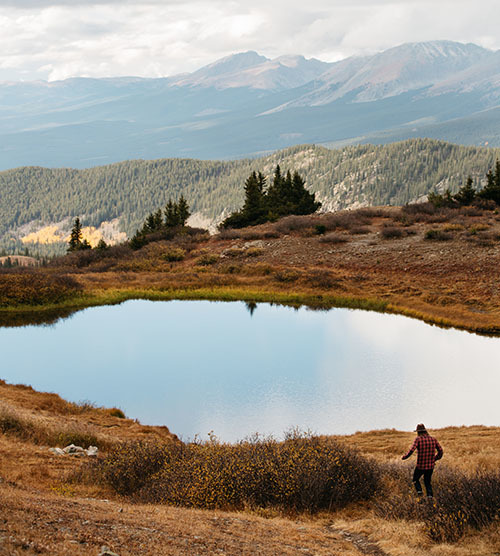Backwoods Camping

Many people are aware of the mind and body benefits of being in nature and taking in its nurturing effects. From the basic desire to get away from the hustle and bustle of the city to the therapeutic remedy of Japanese Forest Bathing, nature is the place to be for a healthier life. The longer we spend in the outdoors the more important it is to consider is how our time in nature is effecting the environment.
Minimum Impact for Your Outdoor Adventure
Minimum impact camping results from being respectful to our natural environment and realizing that one persons activities may not be damaging in and of itself, but thousands or millions of people doing the same thing has a more obvious negative impact.
When planning your next camping trip, be mindful of your human imprint and use these camping tips and techniques to have a minimal impact experience:
- Improper use of soap can alter plant, oxygen and fish populations of a lake or river. Use a biodegradable soap for washing bodies and dishes. Never wash in streams; instead collect water and take it at least 50 m away and wash up, then spread dirty water over the area, which will allow the water to filter through the earth before it eventually returns to the water source.
- Be kind to our trees. Carving names in, breaking branches off of, or peeling bark from trees can expose it to all sorts of fungal infestations or insect parasites than can eventually kill a tree.
- Stay on designated trails. Going off the beaten path can result in destroying plant root systems, which results in further damage when organisms that depend in those plants are killed.
- Improper toilet procedures can contaminate a lake or river with giardia or coliform bacteria. If toilets exist, use them. If there is no toilet, then walk 100m away from water and trails, dig a 15cm hole and bury your waste and the toilet paper.
- Escaped campfires cause ecological damage and unsightly scars on the landscape; collecting and burning wood can destroy homes for small plants and animals. For these reasons many camping areas will have bbq’s and fire sites provided for you to use. Don’t create new fire rings and obey any fire regulation signs that are displayed.
- There are times of high fire danger when weather is dry, so don’t light any fires during these times. When it’s safe for open burning fires, small fires have less impact than large fires, so resist the urge to have a scorching, big blaze.
- Probably the most obvious minimal impact camping tip is to pick up after yourself. It’s probably one of the most ignored, too. Signs are everywhere with the ‘Pack it in, Pack it out’ slogan to remind everyone that what you bring with you camping leaves with you, garbage and all. A few guidelines about garbage:

- repackage food to burnable packaging or plastic bags that are easy to pack away
- it’s OK to burn cans to get rid of food residue but pack out the remains
- don’t bring along any glass that you won’t want to pack out if it breaks
- bring along a few heavy duty large Ziploc bags to pack away garbage
- one last important note – try to leave your camping area a little cleaner than when you found it!
Embrace and respect nature all the time
These backwoods camping practices can also be applied to the ‘front woods’ of the more serviced campgrounds. Whenever you’re in nature, you can reduce the negative effects that people have on the environment.
Minimal impact camping allows campers to enjoy the natural surroundings without causing too much environmental degradation. This is one of the many ways to give nature our tender loving care and consideration.

|